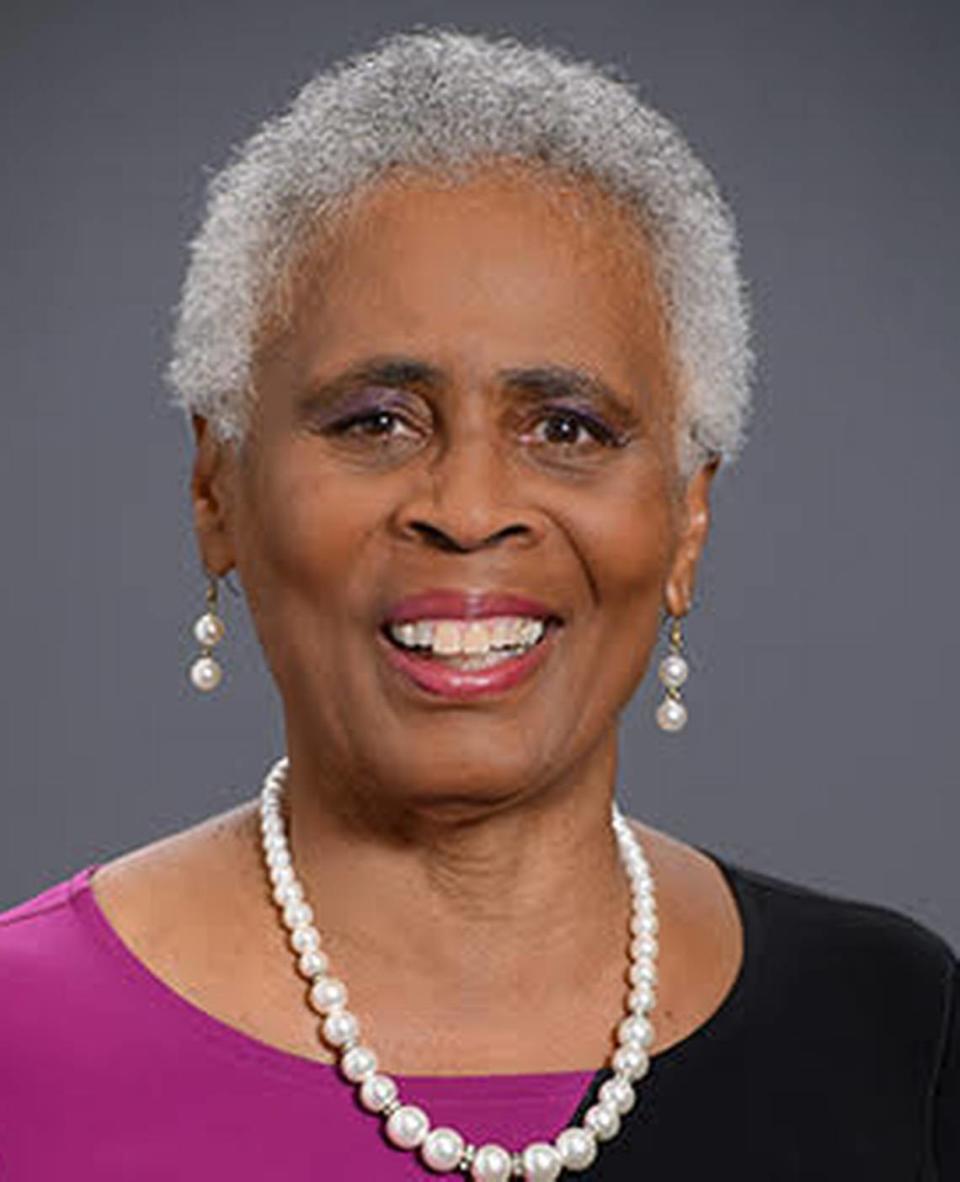Florida is dangerously close to losing its independent, impartial and fair judiciary | Opinion
High-rolling groups, both in Florida and from out of state, seem call the shots in the state’s local and statewide elections, pumping millions of dollars into campaigns and candidates they believe will have their backs when it comes time to legislate. The result is smooth sailing for these big-money groups, while regular Floridians barely get a life jacket to stay afloat.
These same special-interest groups are now capturing our court systems, treating judicial elections and judicial appointment process like trophies to hang on the wall. Wealthy special interests play both sides by spending cash on judicial elections and donating heavily to politicians who will be appointing judges. Electioneering groups have bet big on transforming Florida courts, and to a great extend some transformation already has taken place. This transformation, especially at the appellate and Supreme Court levels, is due in no small part to the change in our judicial nominating process.
Florida’s courts and the way the state selected judges were, at one point, a model for the nation. The openness of the process was one of the reasons I decided to become a judge. I served first as an appellate court judge on the Second District Court of Appeals in Lakeland and Tampa. Five years later, I was appointed to the Florida Supreme Court. As chief justice, and simply as a member of the court, I worked with fellow justices to ensure that the federal and state constitutions came first in our courtroom — a worthy mission that, I hope, Florida judges maintain to this day. But outside spending at the trial court levels and the overpoliticization of judicial appointments threaten to undermine the independence of the entire judicial system.
Florida’s judicial-merit selection and retention system was put into place to remove politics from the equation of selecting appellate court judges and Supreme Court justices. Nonpartisan judicial nominating commissions were established to screen applicants. These commissions were created so that no one person would have control over the selection process. The nine-member commission comprised three people selected by the governor, three people selected by The Florida Bar and three people selected by that group of six.
However, now the commissions are made up of members selected by the governor and, unfortunately, these commissions appear to be selecting judges based on a particular ideology.
This perversion of our nonpartisan selection system threatens to turn our higher courts and, to some extent, our trial courts into little more than an extension of the executive branch. The rule of law in imminent danger. The drafters of our constitutions realized the importance of separation of powers. They understood that when one branch of government has too much power, the entire democratic system is undermined. Thus, our courts have been where citizens have always looked to protect them from the overreach of the other branches of government.
What we need in Florida is justice, not politics. We need qualified judges who are representative of the communities they serve; we need courts that are not beholden to partisan politicians or special interests; we need judicial nominating commissions that are nonpartisan and independent. It is time for legislators to recommit to an independent and diverse judiciary, and that starts with limiting the influence governors have over court appointments. Unless we recommit to the prior system, we could see a repeat of the kind of scandal that rocked the Supreme Court in the early 1970s, when justices were accused of bribery, malfeasance and misfeasance.
Legislation to return to the nonpartisan method of constituting our judicial nominating commissions has been introduced in the Legislature for several years —without any substantial movement forward. If our elected officials truly believe in an independent, fair and impartial court system, they will give such legislation a full hearing and not let it die in committee — or not even get to a committee hearing.
We should not pick our judges to be politicians; we must pick them to be fair and impartial. We should pick them to rely on the federal and state constitutions and Florida law. Ideology and campaign donors must not guide their decisions.
We all will never see eye-to-eye on many political issues. But we should agree that our court system is not a political football. We should agree that separation of powers demands that judges and justices be chosen with as little political influence as possible.
Peggy A. Quince was a justice on the Florida Supreme Court from 1998-2019. She served as chief justice of the court from 2008-2010.


